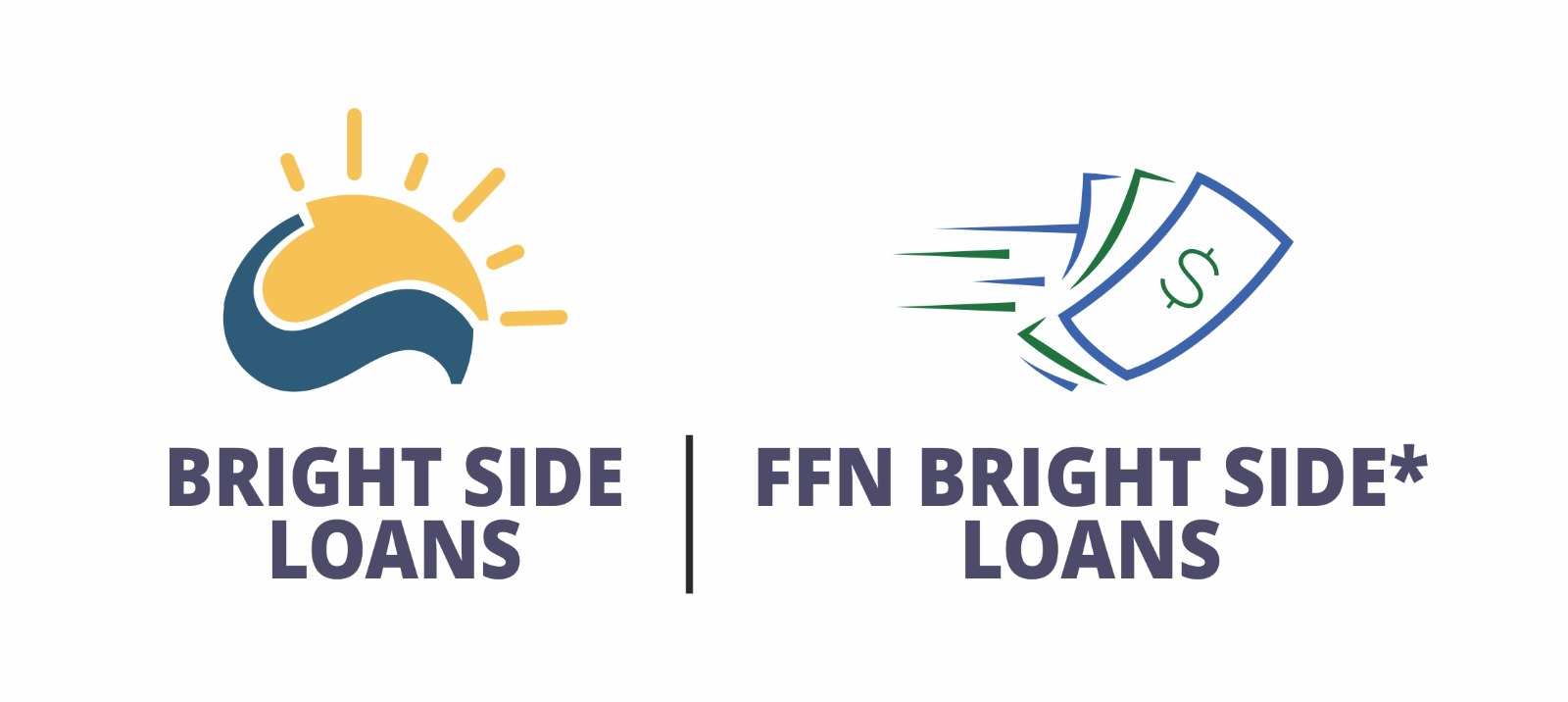- When you’re shopping for a loan, whether it’s for a home, a car, or a personal need, you’ll likely come across two key options: Fixed-Rate loans and Variable-Rate loans.
- At first glance, they might seem similar.
- But knowing how each one works can make a big difference in how comfortable and confident you feel throughout your borrowing journey.
- Let’s break it down in a simple and structured way so you can decide which type might work best for you in 2025.
- A fixed-rate loan is a type of loan where the interest rate stays the same for the entire term.
When you’re shopping for a loan, whether it’s for a home, a car, or a personal need, you’ll likely come across two key options: Fixed-Rate loans and Variable-Rate loans. At first glance, they might seem similar. But knowing how each one works can make a big difference in how comfortable and confident you feel throughout your borrowing journey.
Let’s break it down in a simple and structured way so you can decide which type might work best for you in 2025.
What Is a Fixed-Rate Loan?
A fixed-rate loan is a type of loan where the interest rate stays the same for the entire term. That means the amount you pay each month remains unchanged—no surprises, no fluctuations.
Pros of Fixed-Rate Loans:
- Stability in Monthly Payments
You’ll pay the same amount every month, making budgeting predictable and stress-free. - Protection from Market Changes
Even if interest rates go up in the broader market, your loan rate won’t budge. - Great for Long-Term Planning
Ideal if you’re thinking long-term and want consistency in your financial planning.
Cons of Fixed-Rate Loans:
- Higher Starting Rate
Fixed rates are often a bit higher upfront than variable rates. - Less Flexibility
Even if interest rates drop in the future, your rate stays the same unless you choose to refinance your loan
What Is a Variable-Rate Loan?
A variable-rate loan, sometimes called an adjustable-rate loan, has an interest rate that can change over time. These rates usually adjust based on a benchmark or market index, which means your monthly payments may rise or fall throughout your loan term.
Pros of Variable-Rate Loans:
- Lower Initial Rate
These loans often begin with a lower rate, which can mean lower payments in the early months or years. - Potential for Long-Term Savings
If rates stay low or go down, you could save money over the life of the loan. - Best for Short-Term Borrowers
If you plan to pay off the loan quickly, you might benefit from the lower initial rate without much exposure to increases.
Cons of Variable-Rate Loans:
- Lower Initial Rate
These loans often begin with a lower rate, which can mean lower payments in the early months or years - Potential for Long-Term Savings
If rates stay low or go down, you could save money over the life of the loan. - Best for Short-Term Borrowers
If you plan to pay off the loan quickly, you might benefit from the lower initial rate without much exposure to increases.
Cons of Variable-Rate Loans:
- Unpredictable Payments
As interest rates change, your monthly payments could increase, which might make it harder to keep your finances on track. - Exposure to Market Trends
If interest rates climb, your costs could significantly increase. - Potential for Payment Shock
A sudden jump in your rate may catch you off guard, especially if you haven’t planned for it
Loan Inquiry Form
Which Loan Type Fits Your Needs in 2025?
Deciding between a fixed or variable loan really comes down to what you’re aiming for financially, how comfortable you are with changing rates, and how long you expect to hold onto the loan.
Ask yourself:
- Do I value payment consistency and peace of mind?
→ A fixed-rate loan may be the better choice. - Am I comfortable taking on a bit of uncertainty if it means I might end up saving money?
→ A variable-rate loan could work well. - Will I pay off this loan in a few years?
→ Consider a variable loan for its lower initial costs. - Do I prefer long-term financial planning?
→ A fixed loan helps you stick to a steady budget over time.
A 2025 Perspective: What’s New?
In 2025, interest rates may continue to fluctuate with global economic shifts. While fixed-rate loans offer a sense of stability in uncertain times, some borrowers are leaning toward variable loans in hopes of benefitting from potential rate drops.
Still, no one can predict exactly where the market is heading. That’s why it’s more important to choose based on your own situation rather than trying to “time” the market.
Bottom Line
Both loan types come with their own sets of advantages and trade-offs. Fixed-rate loans offer consistency and comfort, while variable-rate loans come with flexibility and opportunity
The best loan for you is the one that suits your lifestyle, financial goals, and comfort with change. Take your time, ask questions, and remember borrowing should feel like a step forward, not a gamble.
